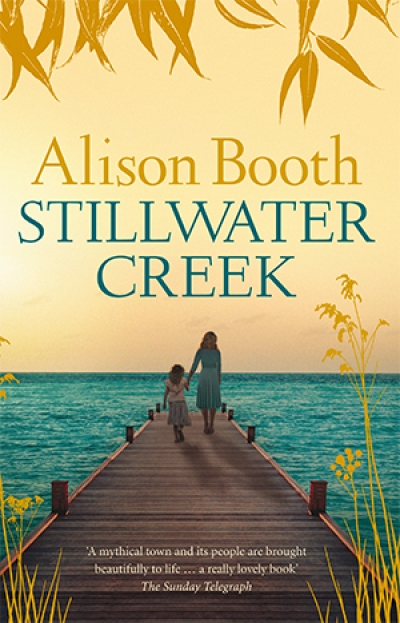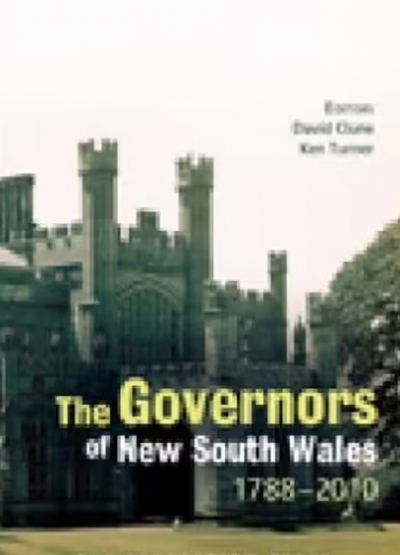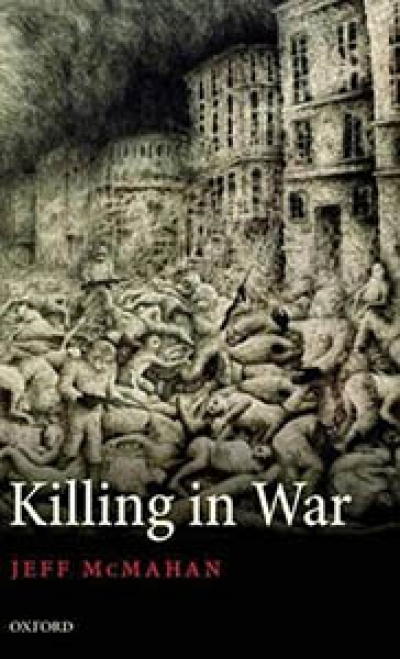Accessibility Tools
- Content scaling 100%
- Font size 100%
- Line height 100%
- Letter spacing 100%
Archive
The ABR Podcast
Released every Thursday, the ABR podcast features our finest reviews, poetry, fiction, interviews, and commentary.
Subscribe via iTunes, Stitcher, Google, or Spotify, or search for ‘The ABR Podcast’ on your favourite podcast app.
‘Where is Nancy?’ Paradoxes in the pursuit of freedom
by Marilyn Lake
This week on The ABR Podcast, Marilyn Lake reviews The Art of Power: My story as America’s first woman Speaker of the House by Nancy Pelosi. The Art of Power, explains Lake, tells how Pelosi, ‘a mother of five and a housewife from California’, became the first woman Speaker of the United States House of Representatives. Marilyn Lake is a Professorial Fellow at the University of Melbourne. Listen to Marilyn Lake’s ‘Where is Nancy?’ Paradoxes in the pursuit of freedom’, published in the November issue of ABR.
Recent episodes:
Boyer Lectures: A very Australian conversation by Peter Cosgrove
Wait. Sometimes the waiting seems interminable
But that is the trick with water. The dark
Gathers up your apprehension and you seek ...
The Governors of New South Wales 1788–2010 edited by David Clune and Ken Turner
Southerly, Vol. 69, No. 2: Southerly At Seventy edited by David Brooks and Elizabeth McMahon
Just the slightest movement of the curtain as she stands by the window. Just a touch. That’s how she brings the light in, Jacqui does. Just before dawn, with only the smallest movement of her finger, and in comes the light. I see it reach the Golden Cane Palm, highlighting the larger fronds, their dark becoming green. Jacqui looks at those fronds, as I do, while the light begins to fill the room. She turns her head to me as if in a studied pose, rehearsed.
... (read more)







